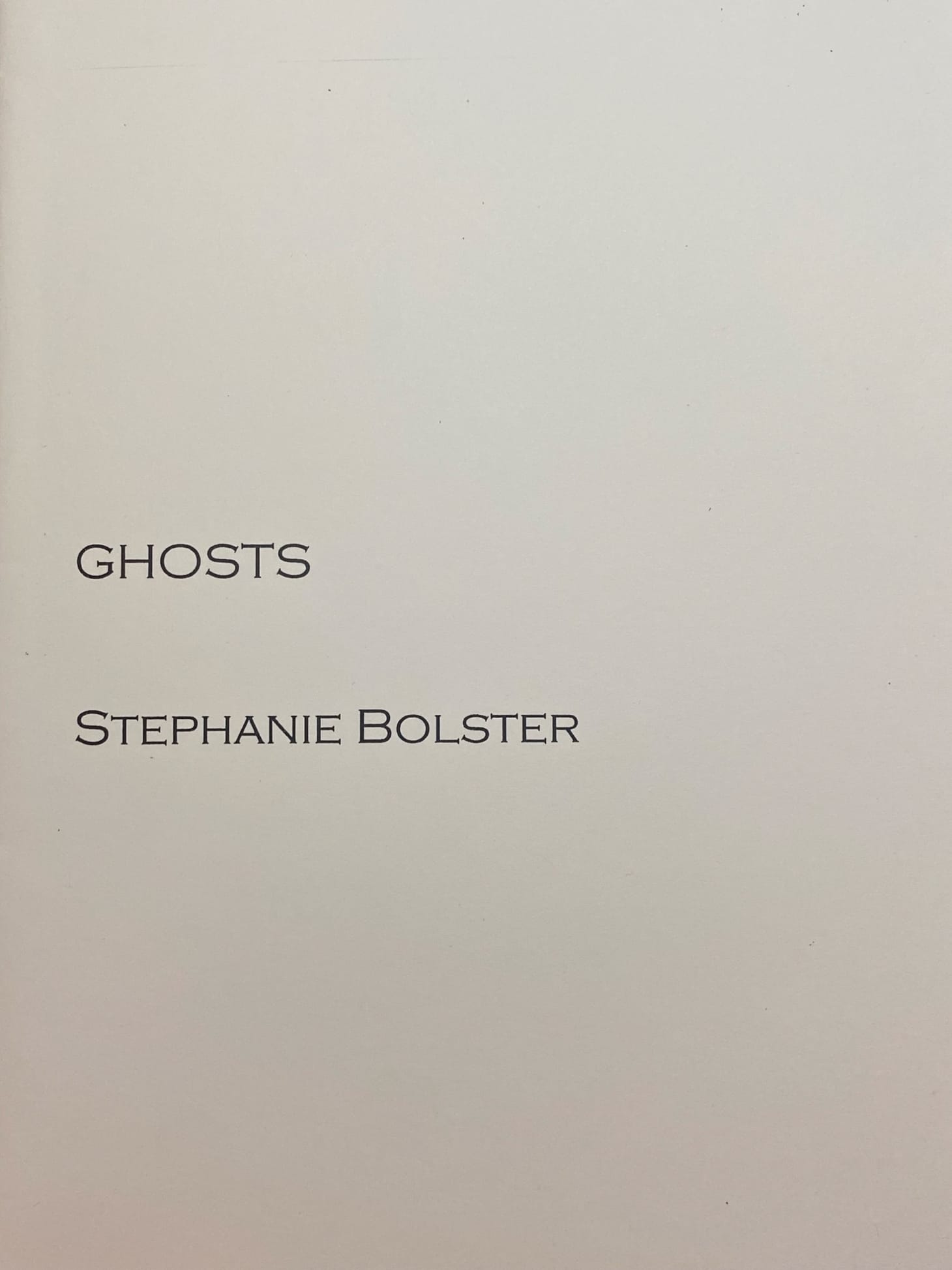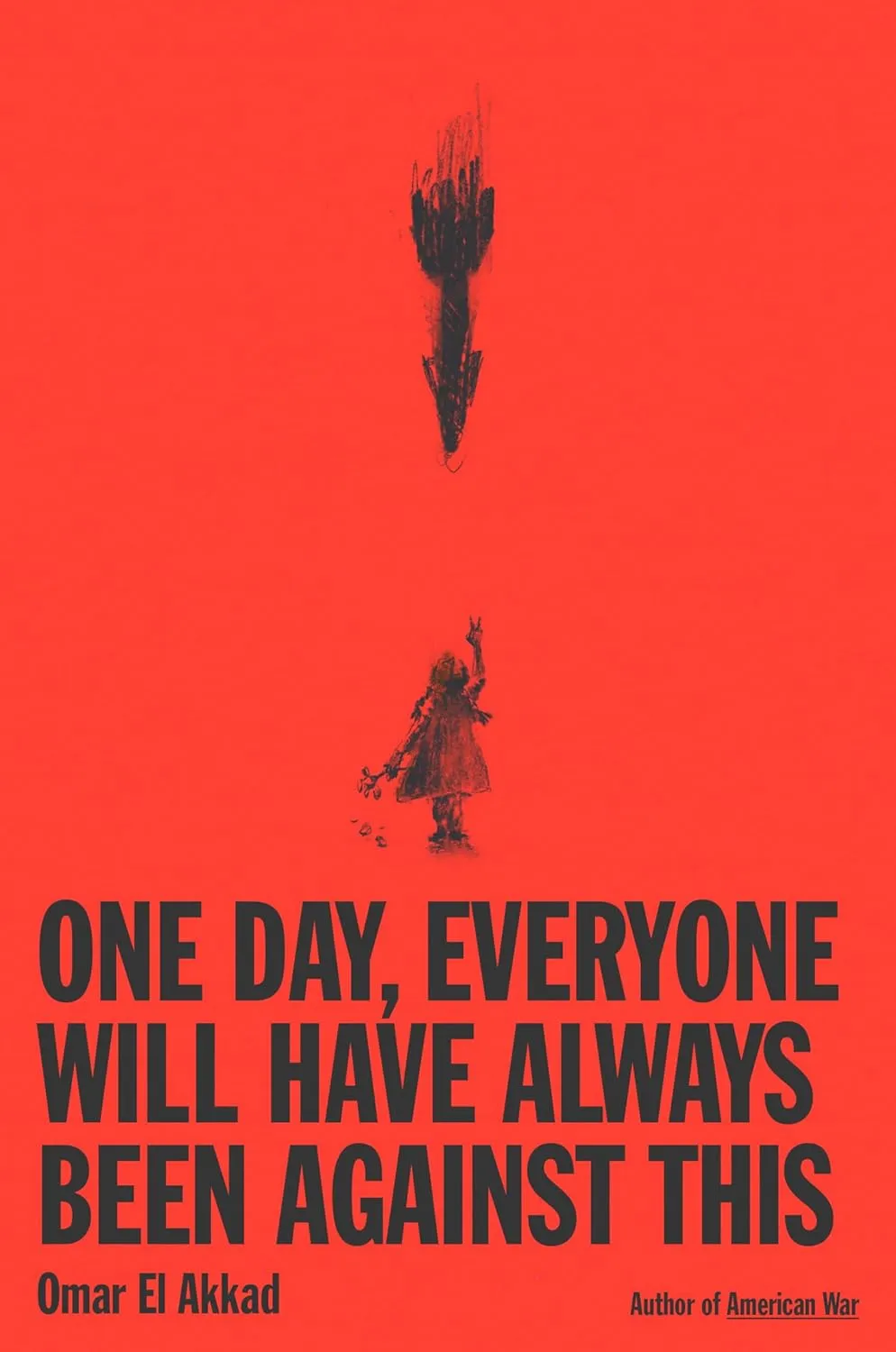Stephanie Bolster, Ghosts
Bolster very much shows her prowess in long stretches of stories in verse.

Ghosts is Stephanie Bolster’s fourth above/ground press title. It came out August 2017.
Bolster is a creative writing prof at Concordia with an impressively detailed CV.
I believe Brick Books provided me a copy of her 2011 poetry title A Page from the Wonders of Life on Earth in my salad days. Alas, I had a different criteria for which books to review back then, and, intimidated by most, ultimately chose against picking it up at all and donating it to charity.
I have a different modus operandi these days and am happy to say this is the first work of Bolster I’ll be reading.
Many of the blurbs and descriptions of her books seem to defy dictionary definition, and maybe because it’s meant to be obvious. I gather from the title and the opening shot of what resembles a remote Appalachian or British Columbian mining town that this chap is going to be poeticizing a ghost town of sorts.
The photo inside reminds me of Welch, West Virginia, where Youtuber Peter Santenello visited in 2023.
Looking at the Wikipedia article for the town used for the title of the opening poem of the book, Sandon, I see it’s classified as a “near ghost town,” although someone who’s actually been there just calls it a ghost town flat out.
Although I live in Montreal myself, the sort of ghost towns I’m used to are those abandoned one-road-town type places northwest of the Greenbelt in Ontario. I find the ones advertised for Quebec resemble those of BC much more, although naturally each one has its own particular charms.
Stephanie Bolster’s opening poem for Ghosts, then, gets right into things, with a four-page opener including a footnote. She mentions that Sandon was site of one of the Japanese internment camps in 1942.
Curiously, by page three, she’s already deep in the weeds of this poem, writing:
Sometimes someone chooses
a use for the empty.
(Ghosts are not empty.)
The next poem comes with two footnotes, the one on the first page showing the source for a ghost town that went by the name of Bolster.
The thing about ghost towns is that sometimes, info can be so scarce as to make the place out to be nothing more than a rumour or hearsay. Bolster seizes the ripe opportunity to dedicate several poems to the subject so snug they fit like a glove to the topic at hand. She never straight up asks but her verse seems to pose it rhetorically by dint of their very function: why don’t poets talk about ghost towns?
Presumably, a ghost town the author of this chap shares a name with was too good to pass up, so the source is appreciated. It’s copied from the Omak Chronical archives of Frank Emert, who describes having visited the town around 1916, when there were no longer businesses operating there, but a handful of souls still residing:
My first view of Bolster was on a cold December night in 1916. I had been met at the railway station at Myncaster, B.C. about two miles north of Bolster by J.B. Jones, Chesaw banker. As we rode up the valley behind a fine team of horses in an attractive black sleigh, I suddenly saw many lights from kerosene lamps shining from windows. I asked for the name of the town we were approaching, thinking that perhaps it was Chesaw, where I was informed I had obtained a position as teacher. Then I was informed that it was the town of Bolster. A number of people still lived there but no business houses had been operated there for a number of years.
Bolster very much shows her prowess in long stretches of stories in verse. In each poem, we are spoiled rotten with history, sources, facts, images, places. Brief as this collection may be, we even get a delightful bon mot on dinosaurs as a last word:
Where did they come from, where
did they go? That is the story
we wish to know.5
5 Jane Werner Watson, Dinosaurs: A Little Golden Book. Racine, Wisconsin: Western Publishing, 1959
I can see myself now, propped up with a jelly glass full of iced tea in an Adirondack chair now, reading this book at sundown on an August day, letting inspiration for road trips permeate through me from her words. This chapbook seems almost exactly crafted for that.
I look forward to encountering the rest of Stephanie’s poetry. These are the sort of poems I wish I had grown up with way back when. Something more appealing reading a poem about a ghost town than any used hard cover with dust jacket could ever give. Thank you for reading.
Bibelotages Newsletter
Join the newsletter to receive the latest updates in your inbox.



